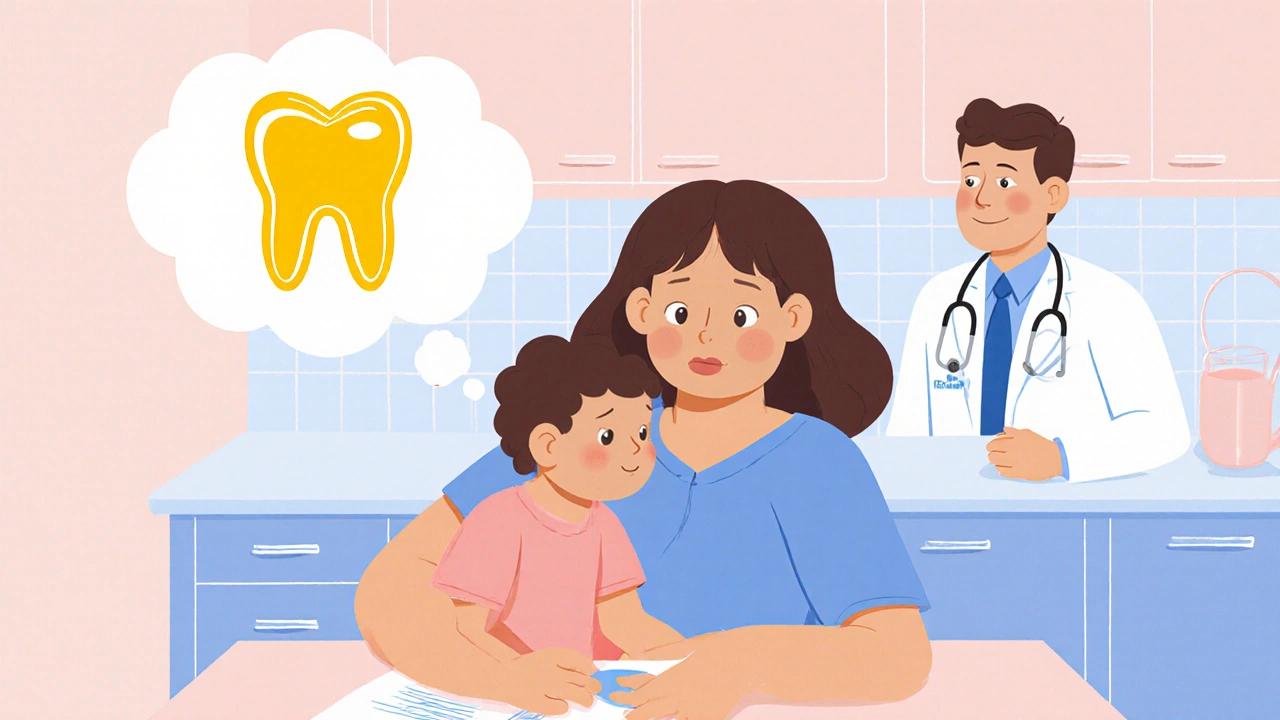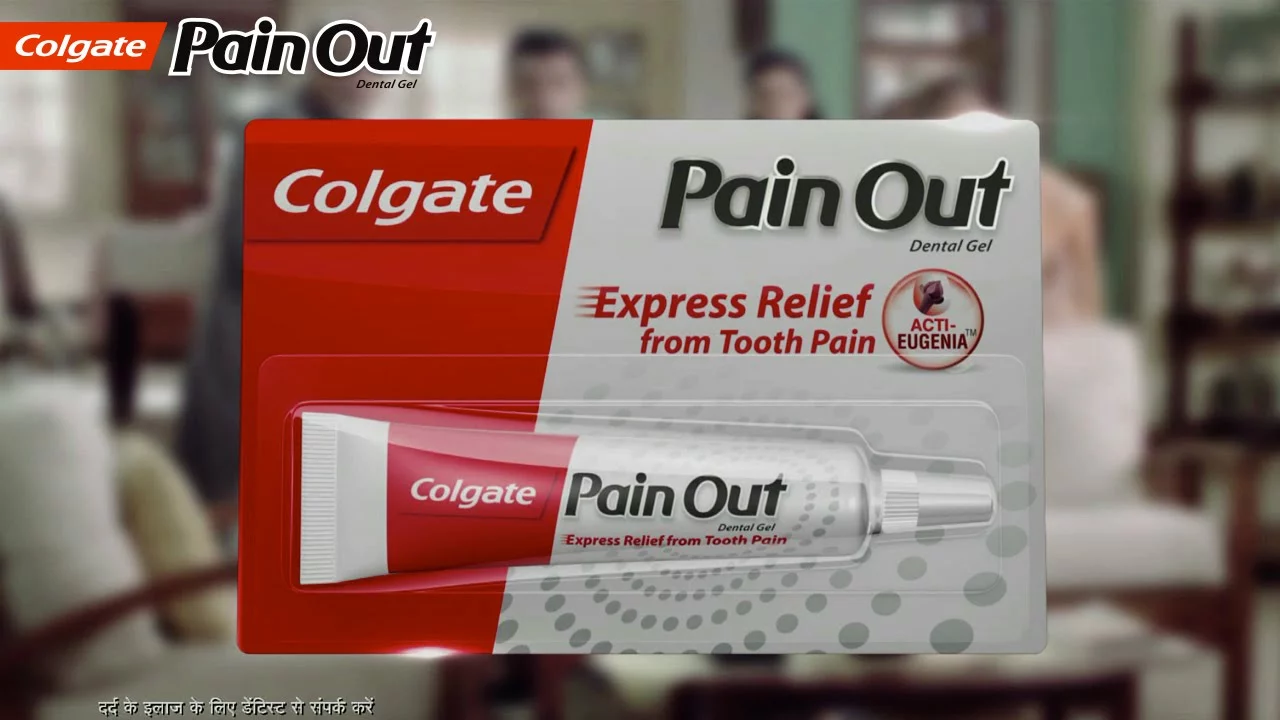Dental Health: What You Need to Know to Keep Your Smile Bright
Taking care of your teeth isn’t just about brushing twice a day and hoping for the best. Your dental health is connected to a bunch of things, including what medicines you take. For example, pain relievers like Acetaminophen (you might know it as Tylenol) can have some unexpected effects on your mouth. It can cause dry mouth, and when your saliva dries up, it’s easier for cavities and gum problems to sneak in. That’s why it's smart to ramp up your dental routine if you’re using this type of medication regularly.
If you notice your mouth feels drier than usual, try sipping water often and using a toothpaste or mouthwash made for dry mouth. Flossing daily becomes even more important because it helps keep plaque away, which is the leading cause of gum disease. Don’t think twice about visiting your dentist for check-ups. These visits catch small issues before they turn into big, painful problems.
Simple Habits That Make a Big Difference
Beyond dealing with medications, there are easy habits everyone can add to their routine that make a huge difference. Brushing your teeth with fluoride toothpaste twice a day helps keep enamel strong and fights decay. Take your time when brushing—aim for two full minutes to really clean your teeth and gums.
Also, watch your diet. Sugary snacks and drinks feed the bad bacteria that cause cavities, so try to limit how often you reach for sweets. And while chewing sugar-free gum can boost saliva and help keep your mouth clean, nothing replaces regular brushing and flossing.
When to See Your Dentist and What to Expect
Not sure if your dental routine is enough? If you experience bleeding gums, persistent bad breath, or tooth pain, it’s time to make an appointment. Dentists can spot early signs of gum disease and cavities and give advice tailored just for you. They can also recommend products or treatments if you have dry mouth caused by medications or other health issues.
Remember, your mouth is part of your overall health. Taking a little extra care now saves you money and discomfort later. If you want more easy tips or need to know how specific medicines affect your teeth, keep exploring our articles at ChemistClick.co.uk. We’re here to help you make smart choices for a healthier smile every day.

Tetracyclines, Tooth Discoloration & Pediatric Safety: What Parents Need to Know
A clear guide on tetracycline antibiotics, tooth discoloration risk, and the updated pediatric safety guidance for doxycycline use.

Acetaminophen and your teeth: What you need to know
As a blogger, I want to share with you some important information about Acetaminophen and its impact on your teeth. Acetaminophen, commonly known as Tylenol, is a popular over-the-counter pain reliever, but it can also have some adverse effects on your oral health. Prolonged use of this medication may cause dry mouth, which can lead to an increased risk of cavities and gum disease. It's essential to maintain proper dental hygiene when taking Acetaminophen, so make sure you're brushing and flossing regularly. Don't forget to visit your dentist for routine check-ups and professional cleanings to keep your teeth and gums healthy.





